In this tour, we would explore Masada National Park which was the Ending note of the First Jewish Revolt against the Romans. For those not familiar with the general story I’ll try to give a short recap; outlining the causes of The Great Jewish Revolt. So the war against the Romans began in the year 66 CE, during the twelfth year of the reign of Nero; originating in Roman and Jewish religious tensions. What were those tensions you might ask? well, let’s face it the Jews and the Romans were never supposed to get along. They were worlds apart. On one hand, the Jews were monotheistic, worshiping Yahweh and him alone.
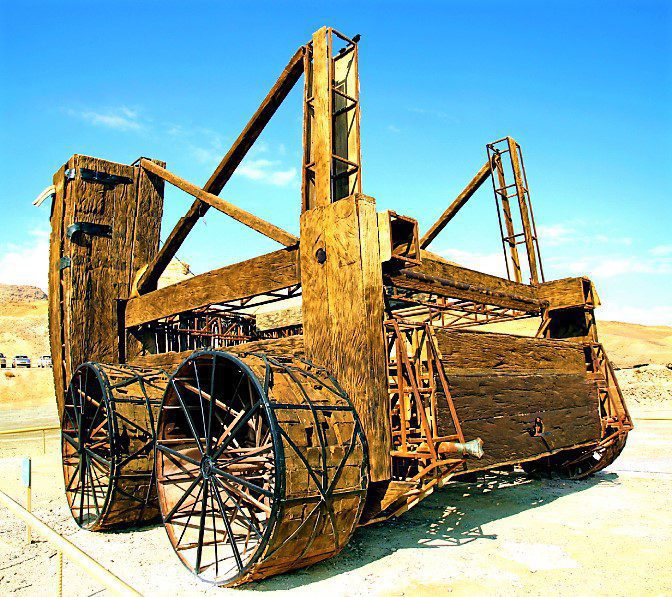
Romans At Masada: The Romans Couldn’t Understand Jewish Culture
On the other hand, the Romans couldn’t get it. What’s the big deal to adding some other gods to your faith? As you can see totally different DNA. Moreover, the Romans believed they brought so much progress and inventions like Roman infrastructure; Roman concrete. Let alone their culture and so forth. They couldn’t really get why the Jews are not on their knees giving thanks to their new ruler. The Jews did not really care about all those things. More or less like Ultra-Orthodox Jews today by the way. These modern material things are not as important to them.
The Roman Period in the Holy Land
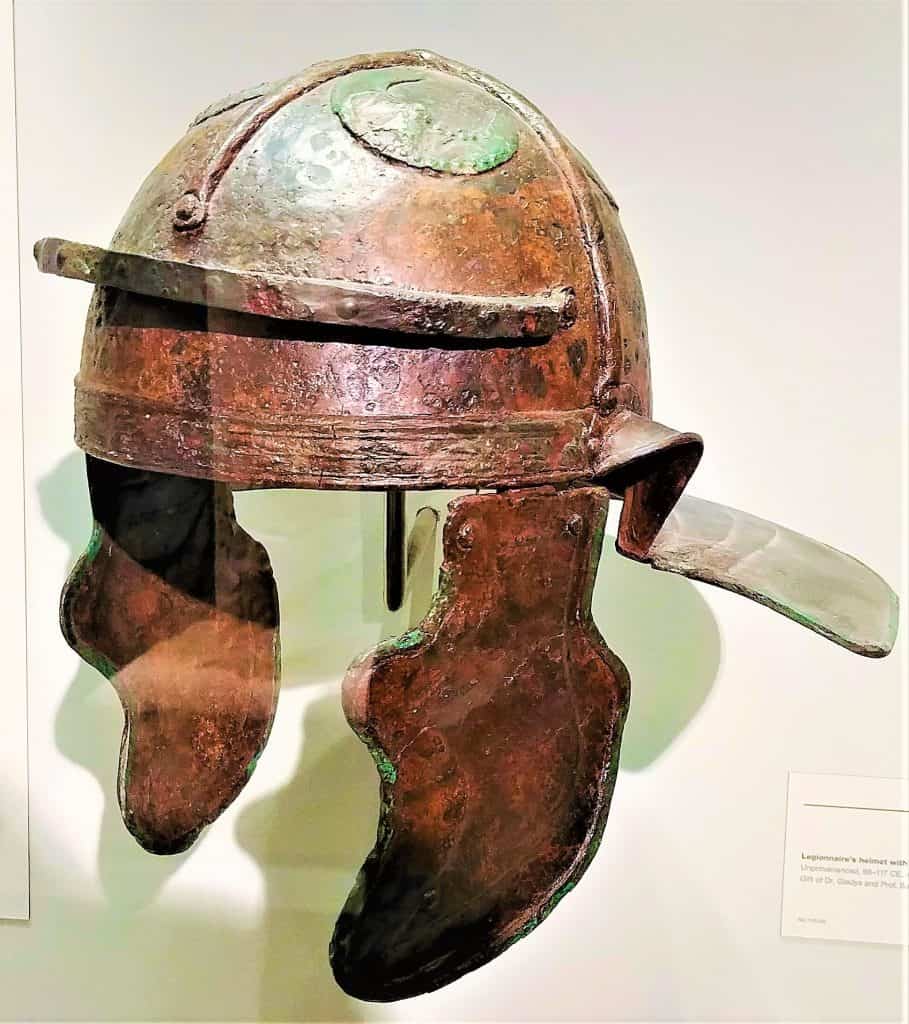
Even Though Judaism was officially recognized as a legal religion under Julius Caesar. A policy was also followed by the first Roman emperor, Augustus. But religion was an integral part of the civil government in ancient Rome. Beginning with the Roman Senate’s declaration of the divinity of Julius Caesar on 1st January 42 BCE. Also, some Emperors have proclaimed gods on Earth. And demanded to be worshiped accordingly throughout the Roman Empire. This created religious difficulties for monotheistic Jews and worshipers of Mithras, Sabazius, and Early Christians. Jews are prohibited by their biblical commandments from worshiping any other god than that of the Torah.
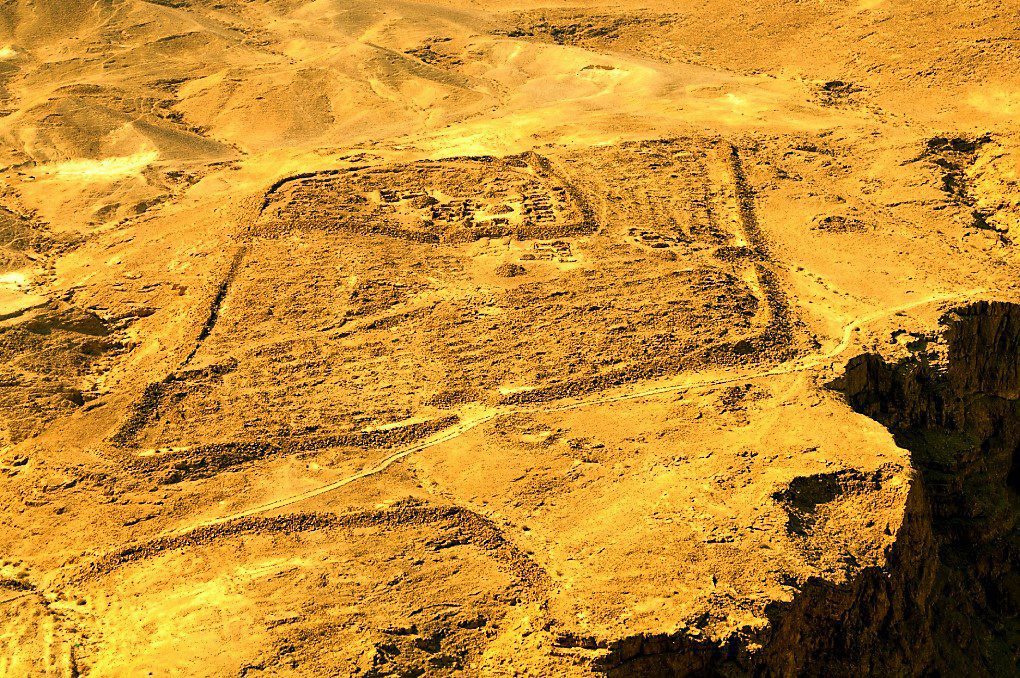
Romans At Masada: Heavy Taxation Under the Roman Rule Lead to More Tensions
When Pompey conquered the east came the taxation needed to support the Roman military machine. In addition to the heavy taxes, Pompey restored the independence of the Greek cities. Jews who had been given control of these appropriated lands by the Hasmoneans have now turned off the lands; or remained as tenants or farm laborers. Also, in order to finance his failed war in Parthia Crassus stole 2000 silver talents and all of the Temple gold. Cassius (who organized the assassination of Caesar) imposed a 700-talent tribute to finance his war against Antony.
Furthermore, Herod’s continuation of the Roman model of taxation employed professional tax collectors. Instead of using the aristocracy that had been empowered to collect taxes under the Seleucids and Hasmoneans. This disempowerment of the aristocracy probably led to a great deal of resentment of Herod and the Roman Rule.
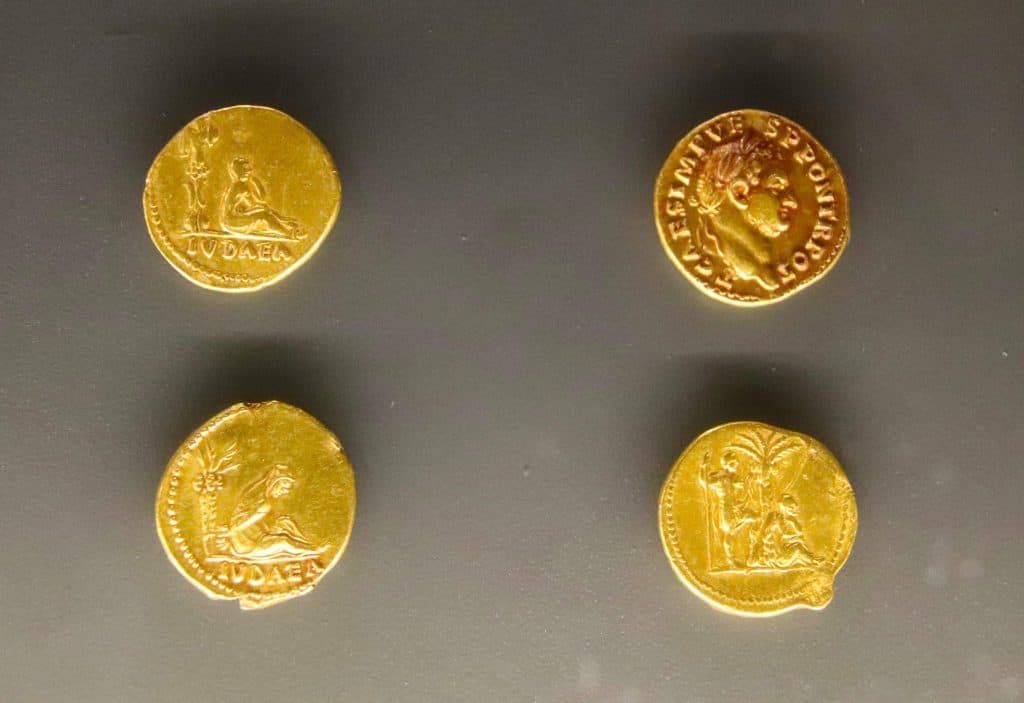
The Jewish Population is Exhausted
When the direct Roman rule was reasserted in the year 6 CE, taxation increased. The Roman historian Tacitus noted how “exhausted” Palestine and Syria were from the long years of taxation under the emperor Tiberius. Most taxes under the Romans were based on a poll tax; a tax on property; and a tax on agricultural produce. Associations of tax farmers bid on the right to collect the taxes. And they kept whatever they could extract beyond what they needed to meet their bid.
Palestine during this period was marked by a tremendous gap in wealth. This was exacerbated by the high rates of indebtedness of the poor to the rich. The resulting economic tensions contributed to the civil unrest that took place in the context of the Great Revolt against Rome (66-70 CE). The burning of the debt records was one of the first events of the war (Jewish War 2:427).
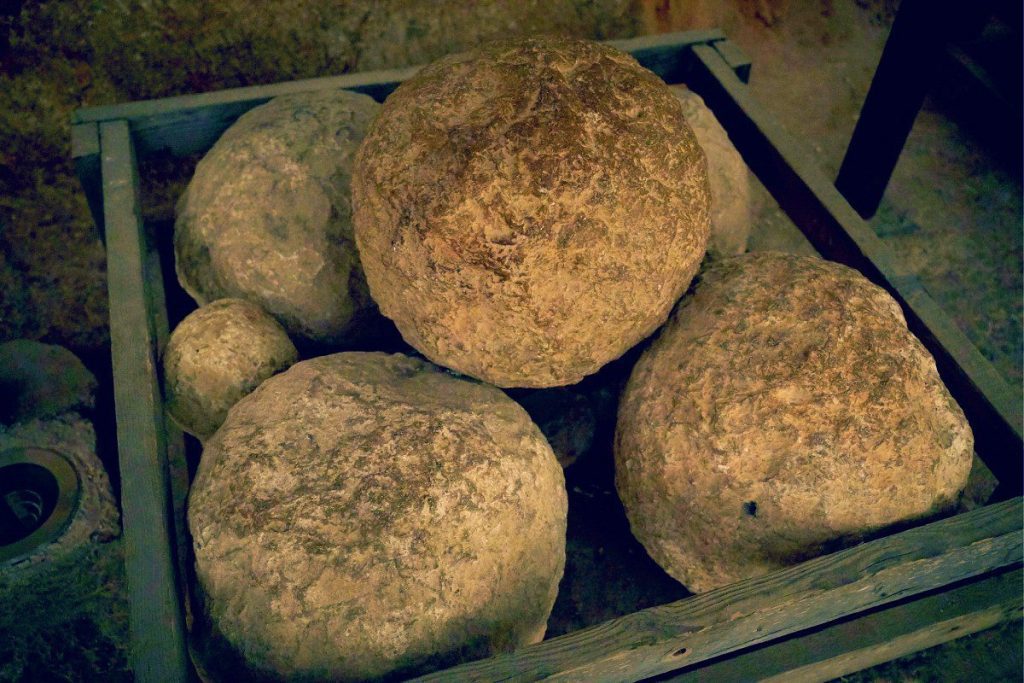
Romans At Masada: Direct Roman Rule Adds More Tensions
After Herod’s death soon enough the Roman switched to direct Roman rule over Judea. So the Romans appointed Roman governors that were not necessarily very competent and experienced enough to know how to deal with the Jewish population. This lack of ability manifested itself with acts of cruelty towards the local population that lead to never growing resentment towards the Romans. The situation escalated when Gessius Florus was the Roman procurator.
Masada and the Jewish Revolt
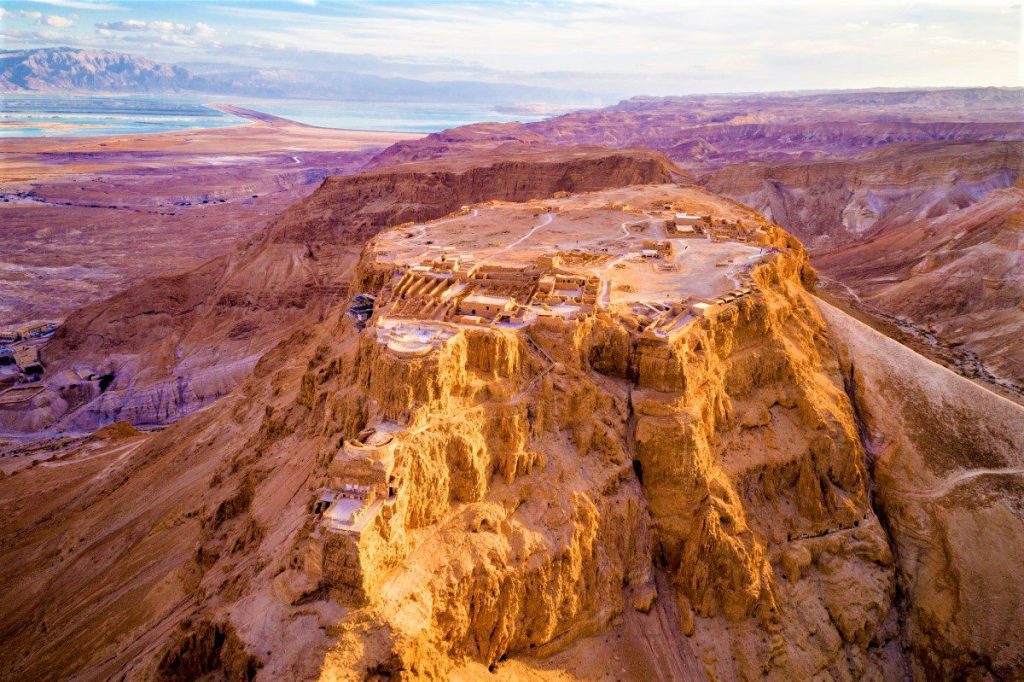
Upon taking office in Caesarea, Florus began favoring the local Greek population of the city over the Jewish population. The local Greek population noticed Florus’ policies and took advantage of the circumstances. One notable instance of provocation occurred while the Jews were worshiping at their local synagogue and a Hellenist sacrificed several birds on top of an earthenware container at the entrance of the synagogue, an act that rendered the building ritually unclean. In response to this action, the Jews sent a group of men to petition Florus for redress. Despite accepting payment of eight talents to hear the case, Florus refused to listen to the complaints and instead had the petitioners imprisoned.
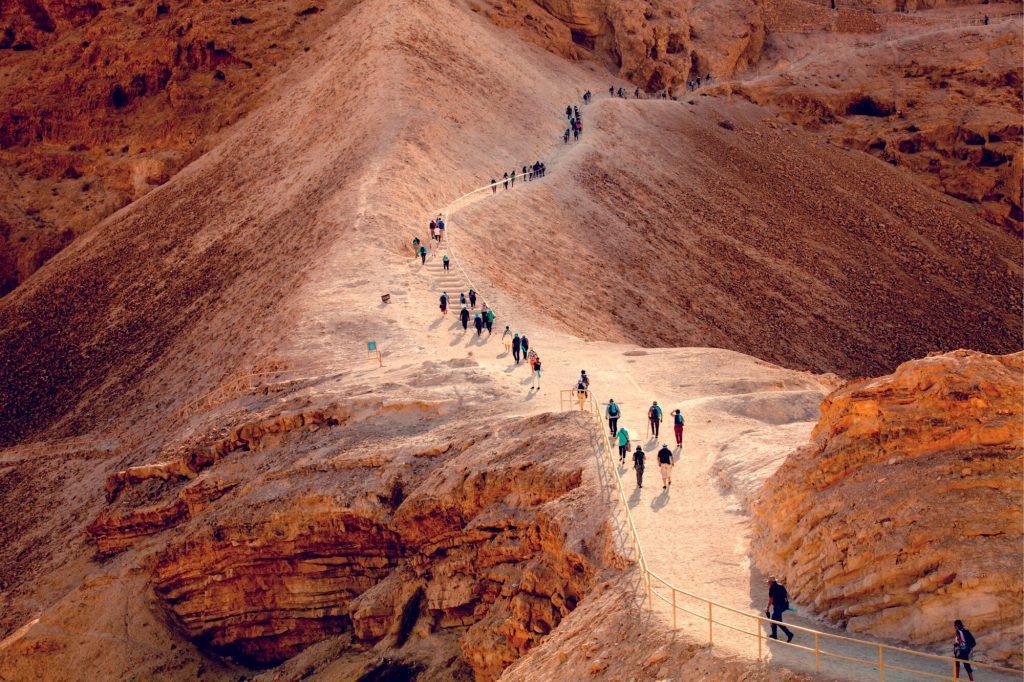
Romans At Masada: The First Jewish War Against the Romans
The Great Revolt began in the year 66 CE, during the twelfth year of the reign of Nero, The crisis escalated due to anti-taxation protests and attacks upon Roman citizens by the Jews. The Roman governor, Gessius Florus, responded by plundering the Second Temple, claiming the money was for the Emperor, and the next day launching a raid on the city, arresting numerous senior Jewish figures. This prompted a wider, large-scale rebellion and the Roman military garrison of Judaea was quickly overrun by the rebels, while the pro-Roman King Herod Agrippa II, together with Roman officials, fled Jerusalem. As it became clear the rebellion was getting out of control.
Romans At Masada: The Speach of Elazar Ben Yair
Since we are short on time here and I don’t want to make it too long for you we will fast forward to the end of the war when the Romans are coming to mop up those last Jewish strongholds like Masada. The siege is known to history via a single source, Flavius Josephus, a Jewish rebel leader captured by the Romans, in whose service he became a historian. According to Josephus, the long siege by the troops of the Roman Empire led to the mass suicide of the Sicarii rebels and resident Jewish families of the Masada fortress.
One of the culminating moments was when the leader of the rebels at Masada, Elazar Ben Yair gave two impassioned speeches persuading his companions to cast lots to kill each other rather than be taken, prisoner.

He argued: “Since we long ago resolved never to be servants to the Romans, nor to any other than to God Himself, Who alone is the true and just Lord of mankind, the time has now come that obliges us to make that resolution true in practice […] We were the very first that revolted, and we are the last to fight against them; and I cannot but esteem it as a favor that God has granted us, that it is still in our power to die bravely, and in a state of freedom[…] It is still an eligible thing to die after a glorious manner, together with our dearest friends […] let us bestow that glorious benefit upon one another mutually, and preserve ourselves in freedom, as an excellent funeral monument for us”.
Romans At Masada: Being a Leader Means Sometimes Impossible Choices
What a dilemma right? Either being slaughtered by the Romans or slain your family with your own hands. Either die as a freeman or become slaves and fight at the arenas as gladiators in Rome. In other words food for the lions. I guess they knew very well that after resisting the Romans, a very grim ending is waiting for them. Those two options are both impossible, from worse to worst.
But his speech was not able to convince everyone and Ben Yair needed a second speech describing the treatment they will receive from the Romans, which probably was very descriptive. So that eventually was able to convince those that still did not have the nerve to follow through with the mass suicide. We will visit where they lived at Masada. Another spot is the synagogue where they used to assemble together.
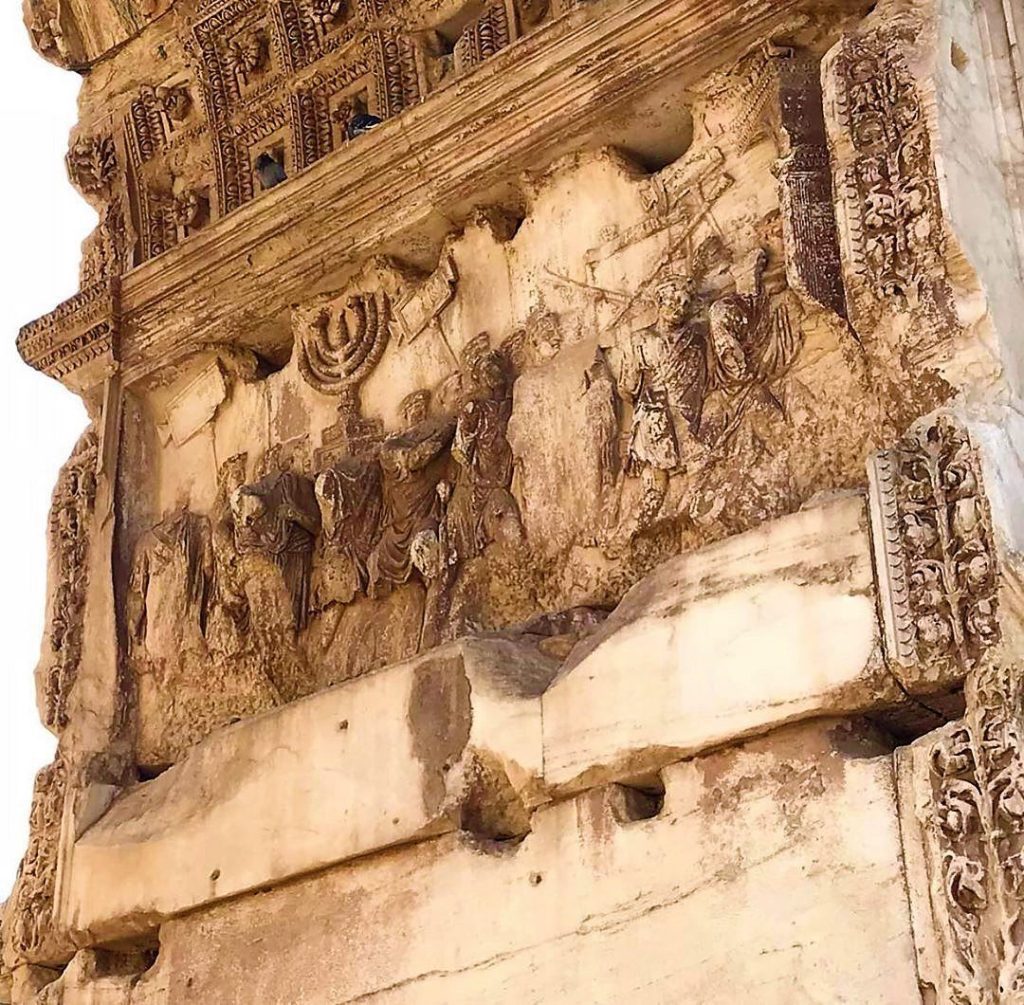
And much more is expected of us during our tour. At the end of the tour if time permits it we could enter the little museum below. There, you can find fascinating items that were belonging to the Sicarii rebels. For example, the original potsherds used for the mass suicide and a real hair lock belonging to one of a girl’s skeletons that were found during the excavations.
David Flees From King Saul To Ein Gedi
Ein Gedi National Park today is a beautiful Oasis amid the Judean Desert. And one of the Bible’s most dramatic moments occurred right here. The biblical accounts of Saul’s life are found in the Book of Samuel. And we will pick it up from the moment that David comes into the story. So after Samuel tells Saul that God has rejected him as king, David enters the story. From this point on Saul’s story is largely the account of his increasingly troubled relationship with David.
Samuel heads to Bethlehem, ostensibly to offer sacrifice, and invites Jesse and his sons. Dining together, Jesse’s sons are brought one by one to Samuel, each being rejected; at last, Jesse sends for David, the youngest, who is tending sheep. When brought to Samuel, David is anointed by him in front of his other brothers. Another episode is when In 1 Samuel 16:14–23, Saul is troubled by an evil spirit sent by God. So he requests soothing music, and a servant recommends David, the son of Jesse, who is renowned for his skills as a harpist and other talents.
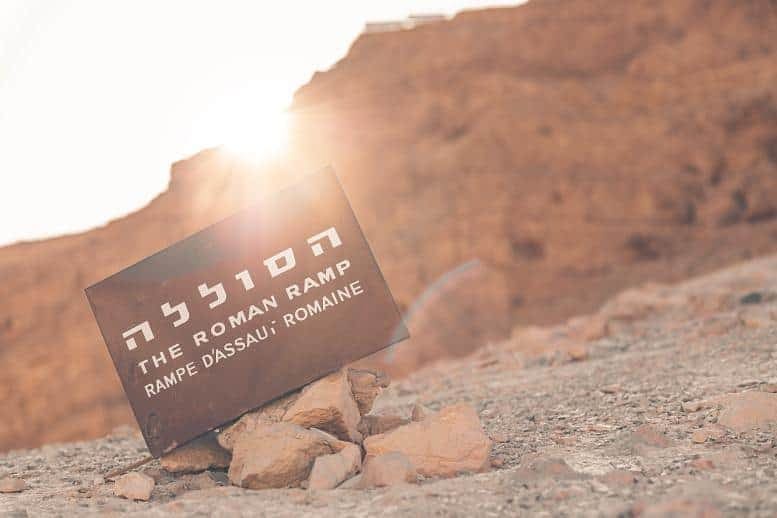
David & Goliath
(1 Samuel 17:1–18:5) The Philistines return with an army to attack Israel, and the Philistine and Israelite forces gather on opposite sides of a valley. The Philistine’s champion Goliath issues a challenge for single combat, but none of the Israelites accept. David is described as a young shepherd who happens to be delivering food to his three eldest brothers in the army, and he hears Goliath’s challenge.
It is David who speaks mockingly of the Philistines to some soldiers; his speech is overheard and reported to Saul, who summons David and appoints David as his champion. David easily defeats Goliath with a single shot from a sling. At the end of the passage, Saul asks his general, Abner, who David is. Saul offered his elder daughter Merav as a wife to the now popular David. After his victory over Goliath. But David demurred. David distinguishes himself in the Philistine wars. Upon David’s return from battle, the women praise him in song:
“Saul has slain his thousands and David his tens of thousands”
This is implying that David is the greater warrior. Saul fears David’s growing popularity and henceforth views him as a rival to the throne. Saul’s son Jonathan and David become close friends. Jonathan recognizes David as the rightful king. And “made a covenant with David, because he loved him as his own soul.” Jonathan even gives David his military clothes, symbolizing David’s position as successor to Saul.

Saul Throws a Spear at David as He Played the Harp For Him
On two occasions, Saul threw a spear at David as he played the harp for Saul. David becomes increasingly successful and Saul becomes increasingly resentful. Now Saul actively plots against David. Saul offered his other daughter, Michal, in marriage to David. David initially rejects this offer also, claiming he is too poor. Saul offers to accept a bride price of 100 Philistine foreskins, intending that David die in the attempt.
Instead, David obtains 200 foreskins and is consequently married to Michal. Jonathan arranges a short-lived reconciliation between Saul and David and for a while, David served Saul “as in times past” (1 Samuel 19:1-7) until “the distressing spirit from the Lord” re-appeared. Saul sends assassins in the night, but Michal helps him escape, tricking them by placing a household idol in his bed.
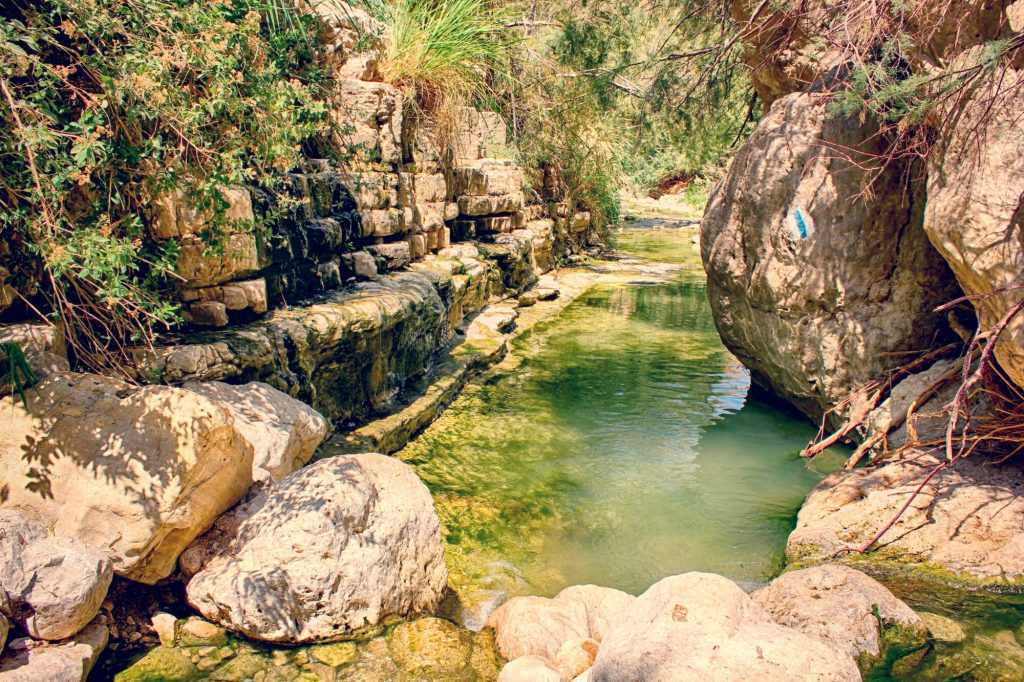
David flees to Jonathan, who arranges a meeting with his father. While dining with Saul, Jonathan explains David’s absence, saying he has been called away to his brothers. But Saul sees through the ruse and reprimands Jonathan for protecting David, warning him that his love of David will cost him the kingdom, furiously throwing a spear at him. The next day, Jonathan meets with David and tells him Saul’s intent. The two friends say their goodbyes, and David flees into the countryside. Saul later marries Michal to another man.
Saul Chases David Across Israel
So Saul is later informed by his head shepherd, Doeg the Edomite, that high priest Ahimelech assisted David, giving him the sword of Goliath, which had been kept at the temple at Nob. Doeg kills Ahimelech and eighty-five other priests and Saul orders the death of the entire population of Nob. David had left Nob by this point and had amassed some 300 disaffected men including some outlaws. With these men, David rescues the town of Keilah from a Philistine attack. Saul realizes he could trap David and his men by laying the city under siege. David realizes that the citizens of Keilah will betray him to Saul. He flees to Ziph pursued by Saul.
David Spares Saul’s Life At Ein Gedi
Some of the inhabitants of Ziph betray David’s location to Saul, but David hears about it and flees with his men to Maon. Saul follows David but is forced to break off pursuit when the Philistines invade. After dealing with that threat Saul tracks David to the caves at Ein Gedi. As he searches the cave David manages to cut off a piece of Saul’s robe without being discovered, yet David restrains his men from harming the king. David then leaves the cave, revealing himself to Saul, and gives a speech that persuades Saul to reconcile.

Is David A Hero in This Case?
On this occasion, the Biblical Narrator definitely portrays David in a very good light; demonstrating David’s innocence with regard to Saul’s Death. Thus the text seems to protest too much, and thus to raise the possibility that David was not innocent of plotting against ‘the Lord anointed’. One may suspect that if there were on occasion in which David spares Saul. as indicated in chapter 24, he did so, not because of his generosity toward his ‘beloved’ king.
But because that would be killing Saul openly. Now it was much safer to allow this to take place within the turmoil of a battle so that it would pass unnoticed. In fact, David attested this with his own mouth; he anticipated Saul’s death in such a battle. David said: “[…] it must be Yahweh himself who strikes him down, whether his name comes and he dies or he goes down into battle and is taken” (1 Samuel 26:10).
The Symbolic Act of Cutting the Hem of Saul’s Robe
Samuel 15:27-28 states ‘As Samuel turned to go (Saul) caught hold of the hem of his robe and it tore away. Samuel said to him: “Yahweh tore the kingship of Israel away from you and gave it to your neighbor, who is more worthy than you”. And in I Samuel 24:4 David arose and cut off the hem of Saul’s robe. In the first of these references, Saul’s tearing away of the hem of Samuel’s robe represents the tearing away of Saul’s kingdom. On the other hand, in the second reference, it is David who tears away the kingship from Saul. But the story of Saul and David does not end here. And we will talk about how Saul found his death exactly. Also, we will dig deeper into other stories related to David and many others in the Bible.
I hope you enjoyed this Romans at Masada tour please refer to my tour suggestions for more.







